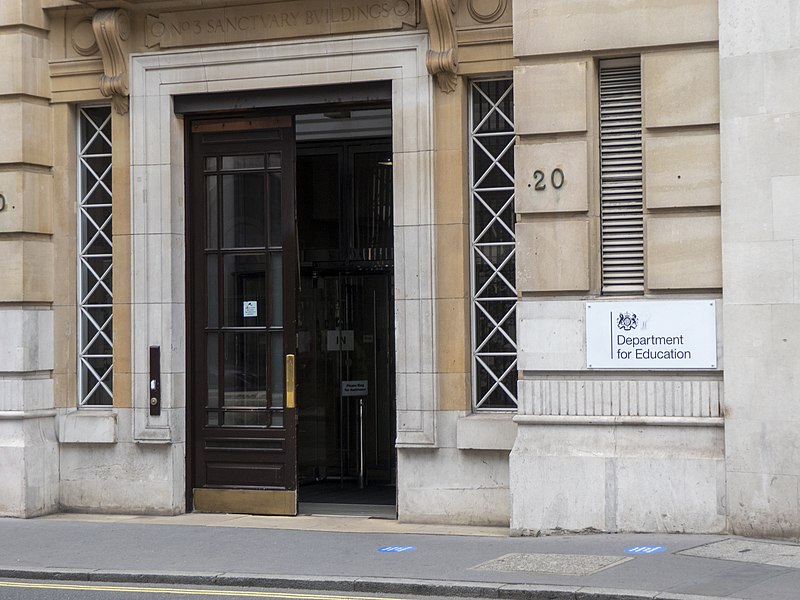
The Department for Education, under the leadership of The Rt Hon Gillian Keegan MP, has announced a landmark investment of £850 million to bolster education provisions for children with
Special Educational Needs and Disabilities (SEND) and those in Alternative Provision (AP) across the nation.
This substantial funding injection aims to create new spaces in mainstream and special schools while enhancing the accessibility of existing infrastructure. It is part of a broader commitment to guarantee that every child receives tailored education, irrespective of their individual requirements, fostering an environment where academic success is achievable for all.
The allocated funds will specifically target support for children with a spectrum of needs, including autism, learning difficulties, and mobility impairments. This support encompasses tailored educational approaches, assistance with communication, and aid with physical or personal care requirements, ensuring a holistic approach to their development and well-being.
With this investment, the government reaffirms its dedication to providing equitable educational opportunities for all children. The funding surge, amounting to £2.6 billion between 2022 and 2025, marks a significant escalation from previous levels of investment. Its objective is to streamline the process for families seeking appropriate support for their children, eliminating the need for protracted battles for essential resources.
In conjunction with the ongoing initiatives such as the special free schools program, this funding will facilitate the creation of over 60,000 additional places nationwide, thus addressing the capacity deficit exacerbated by a decline in special school enrollments from 1997 to 2010.
Furthermore, schools and sixth form colleges will benefit from a separate £1.8 billion funding allocation aimed at maintaining and enhancing their physical infrastructure. This financial support will underwrite a spectrum of projects, ranging from classroom refurbishments to significant upgrades in essential systems like heating, roofing, and electricals.
Education Secretary Gillian Keegan emphasized the government's commitment to rectifying the prevalent challenges faced by families navigating the special educational needs landscape. By earmarking resources for an additional 60,000 places tailored to the needs of these pupils, the government seeks to streamline access to specialized support, ensuring a smoother educational journey for both students and their families.
The impact of this investment is tangible in initiatives like the Eden Academy Trust, which has been selected to establish a new special free school in Hillingdon. This institution, set to cater to 180 children with autism and severe learning difficulties in London, exemplifies the transformative potential of targeted educational interventions.
Moreover, the government's commitment extends beyond educational expansion to encompass infrastructure improvements. The Condition Improvement Fund (CIF), totaling £450 million, will benefit 733 schools and sixth form colleges nationwide, addressing critical issues identified through comprehensive surveys of school building conditions. This strategic allocation of resources reflects the government's proactive approach to infrastructure maintenance, ensuring that educational spaces remain conducive to learning.
In conclusion, the government's robust investment in special needs education and school infrastructure underscores its unwavering commitment to fostering an inclusive educational landscape. By prioritizing the diverse needs of every child and providing the requisite resources, the government endeavors to cultivate an environment where all students can thrive and reach their full potential. Photo by Sebastiandoe5, Wikimedia commons.



































